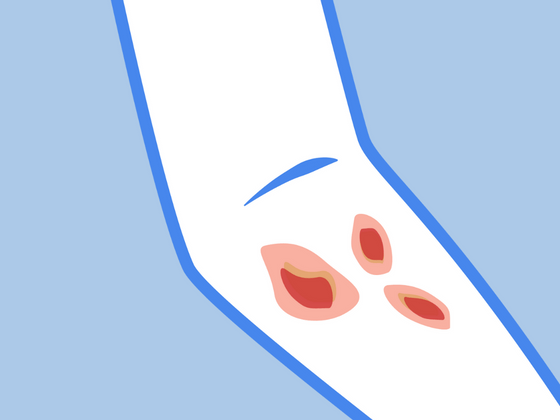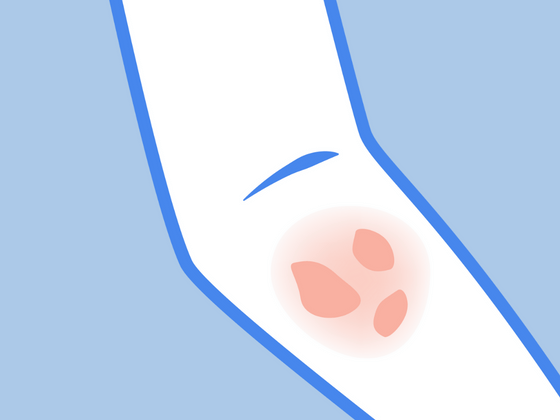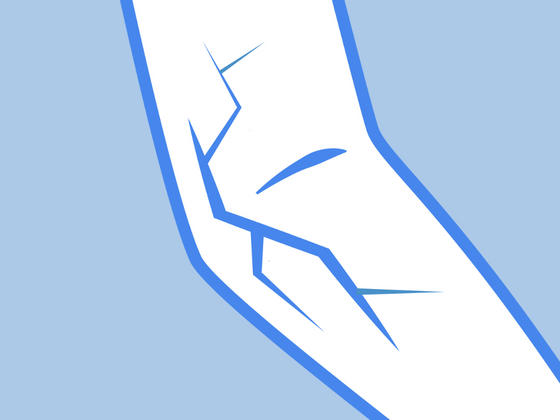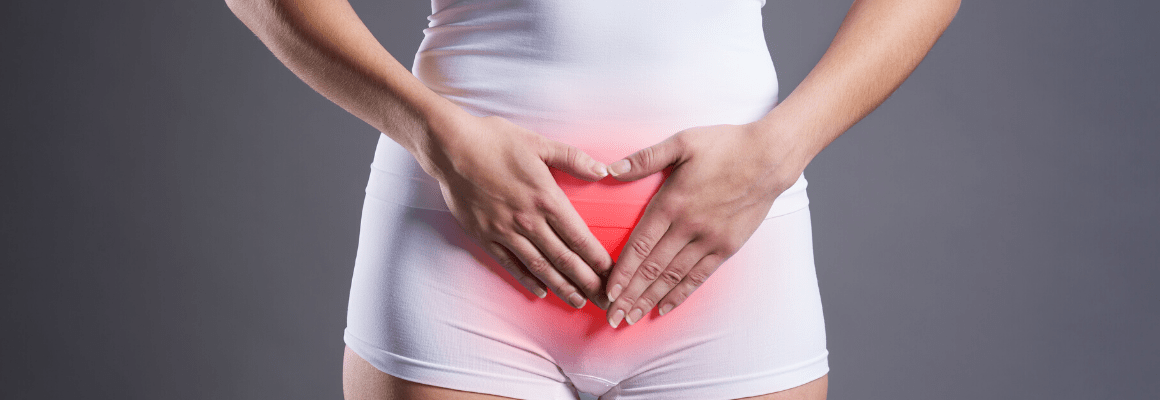If you’re pregnant with eczema, you may notice your skin going through changes. For some women, eczema flare-ups may occur more regularly while for others, symptoms may disappear completely. While flare-ups can indeed be itchy and uncomfortable, the most important thing to note is that eczema is not dangerous or contagious for the baby. In this blog post, we’ll provide some helpful tips on how to treat and soothe eczema while pregnant.
Please keep in mind that although what we discuss in this post can relieve eczema, we are in no way medical professionals. If you’re experiencing severe eczema symptoms like an infection, it is best to seek medical advice immediately.
Pregnancy and Eczema
When you’re pregnant, your body is already going through a lot of changes. With all the hormone fluctuations going on, it’s no wonder that your skin may be affected. You may notice heightened skin sensitivity, an increase in acne or rashes, and even changes to your skin’s pigmentation.
In terms of eczema, approximately 25% of women will notice an improvement in their skin while more than 50% will see their symptoms worsen. It’s also possible for pregnancy-induced eczema to occur. In fact, only around 20-40% of women who experience eczema while pregnant have actually had it before.
Symptoms of Eczema
Although symptoms may vary in severity, the most common symptoms include:
- Itchy skin
- Rough or scaly patches
- Red or inflamed patches
- Blisters that may ooze or pus
What Causes Eczema?
Eczema has no known exact cause. Rather, it’s believed to be linked to environmental and genetic factors. It can further be triggered by allergens and irritants such as sweat, fabrics (like wool, polyester, and spandex), stress, smoke, pet fur, dust mites, laundry detergent for sensitive skin, certain foods, and chemicals found in beauty products.
Treating Eczema While Pregnant
When treating eczema while pregnant, it’s important to use natural and non-toxic products. Be sure to consult your doctor or physician to avoid taking any medication that may harm the fetus.
Moisturize:
To help soothe itchiness and other uncomfortable symptoms, we suggest you apply a natural moisturizer or eczema cream regularly. A gentle emollient, such as this Nourish + Hydrate Manuka Balm, is best. Its non-burning, non-sticky formula is great for sensitive skin. Made with organic sunflower oil & camelia oil, beeswax, and Manuka honey, it’s sure to keep skin hydrated all day and night.
Take a Soothing Bath:
Treat your skin and calm irritation with the gentle cleansing power of eczema soap like Coconut and Sunflower Oil Soap Bar to help soothe eczema naturally YoRo Naturals Coconut & Sunflower Oil Soap. Crafted with wholesome, nourishing ingredients, this handmade soap provides a soothing cleanse without stripping or drying your skin. Infused with vitamin-rich sunflower oil and moisturizing coconut oil, it helps maintain a healthy barrier while reducing sensitivity. Shea butter supports healing and hydration, while natural glycerine locks in moisture for soft, supple skin. Perfect for both adults and babies with delicate skin, this calming soap is a daily essential for those who need a pure and gentle touch.
Stop Scratching:
To prevent exacerbating symptoms by scratching, we suggest protecting your skin by wearing gloves. These Remedywear™ Gloves are perfect because their latex-free elastane stretch and breathable fabric make them comfortable to wear all day and night. Their moisture-wicking properties also help prevent sweaty irritation or uncomfortable chafing.
Diet:
Finally, you might want to consider making some dietary changes. Certain foods are known to increase inflammation while others are known to reduce inflammation. The best anti-inflammatory foods include kale, spinach, olive oil and fatty fish. We recommend you reduce your intake of inflammatory foods such as red meat, refined sugar, dairy, and gluten.
References:
https://www.medicalnewstoday.com/articles/321580
https://www.healthline.com/health/pregnancy/eczema-during-pregnancy
https://www.whattoexpect.com/pregnancy/whose-body/eczema-dermatitis.aspx








